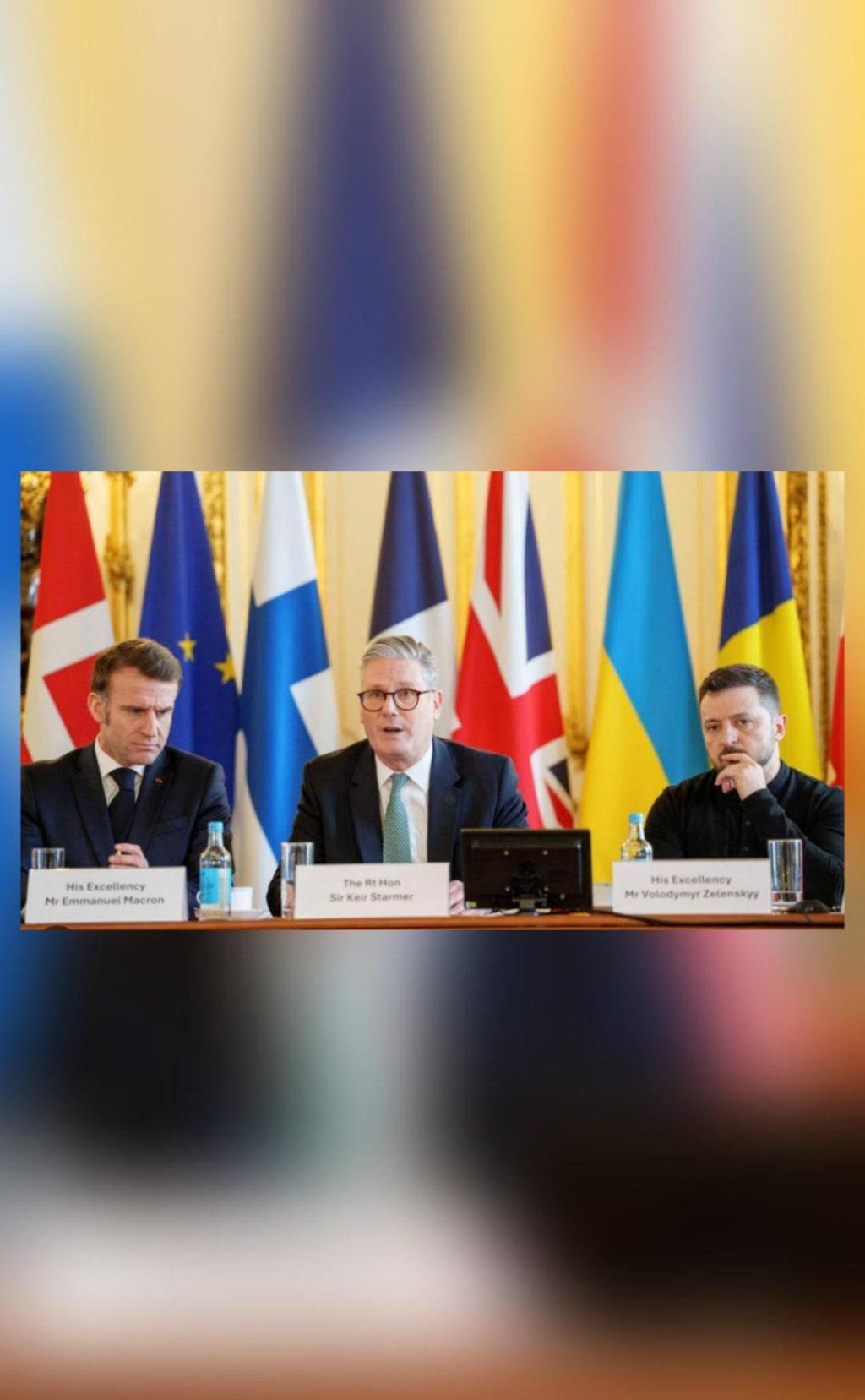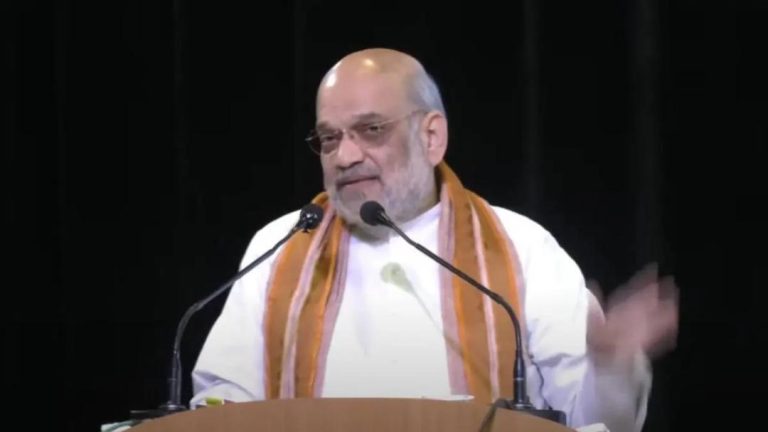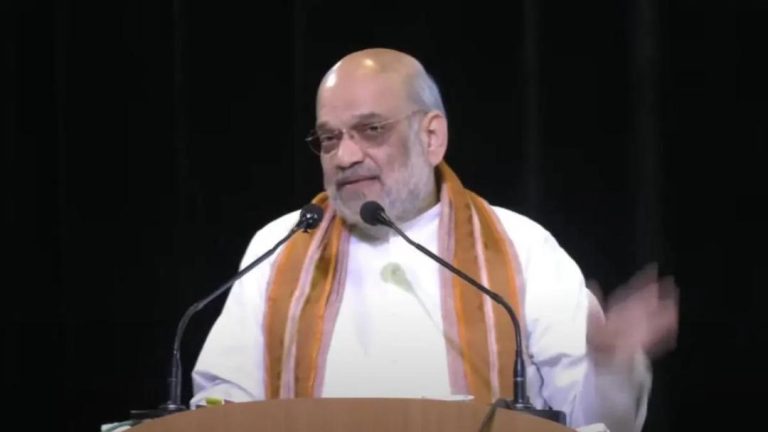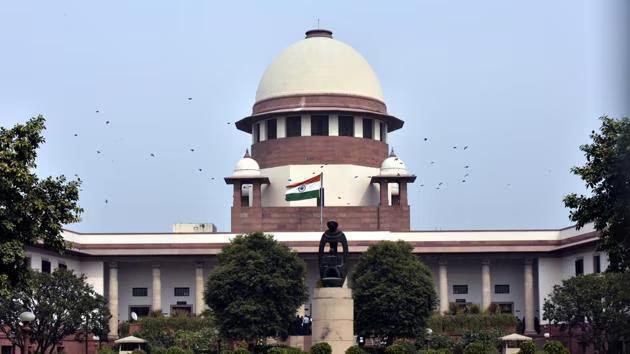
UK & France propose 1-month partial truce between Russia & Ukraine
The ongoing conflict between Russia and Ukraine has been making headlines around the world, with both sides exchanging blows and neither appearing willing to back down. However, in a surprise development, France and Britain have proposed a one-month partial truce between the two nations that would cover air, sea, and energy infrastructure attacks. According to the proposal, European ground troops would only be deployed to Ukraine in a second phase.
The proposal was announced by French President Emmanuel Macron, who stated that the goal is to achieve a “short-term de-escalation” of the conflict. The partial truce would allow for the cessation of hostilities in certain areas, providing a much-needed respite for civilians caught in the crossfire.
Ukrainian President Volodymyr Zelenskyy has acknowledged the plan, indicating that his government is considering the proposal. While the details of the plan are still being ironed out, the fact that the two nations are willing to explore a truce is a significant development in the ongoing conflict.
The proposal comes at a time when the situation on the ground is increasingly dire. Ukraine has faced numerous attacks on its infrastructure, including a recent strike on a key power grid that left millions without electricity. The Russian military has also been accused of targeting civilian areas, leading to widespread suffering and displacement.
The partial truce proposed by France and Britain would aim to address these concerns by providing a temporary reprieve from the fighting. Under the plan, air, sea, and energy infrastructure attacks would cease, allowing for the restoration of vital services and the return of basic necessities to those affected.
However, the proposal also makes it clear that ground fighting would not be included in the initial truce. This means that Ukrainian forces and their allies would continue to engage with Russian troops in the field, albeit with a reduced tempo of operations.
The deployment of European ground troops in a second phase would likely involve a more robust and organized effort to support Ukrainian forces. This could include the provision of equipment, training, and personnel to help Ukrainian troops gain the upper hand against Russian forces.
The proposal has been met with a mixed reaction from various stakeholders. Some have praised the initiative as a step in the right direction, while others have raised concerns about the feasibility and effectiveness of a partial truce.
One of the key challenges facing the proposal is the fact that Russia has shown little willingness to engage in meaningful negotiations with Ukraine. The Russian government has consistently denied allegations of illegal military aggression, instead accusing Ukraine of provoking the conflict.
Furthermore, the partial truce would require significant coordination and cooperation between France, Britain, and other European nations to ensure its implementation. This could prove to be a complex and time-consuming process, particularly given the existing divisions within the European Union over how to respond to the crisis.
Despite these challenges, the proposal represents a significant shift in the dynamics of the conflict. For the first time, there is a genuine attempt to explore a peaceful resolution to the crisis, rather than simply escalating the conflict through military means.
As the world waits with bated breath to see if the proposal can be implemented, it is clear that the fate of Ukraine and its people hangs in the balance. The partial truce proposed by France and Britain offers a glimmer of hope in an otherwise bleak situation, and it is imperative that all parties work together to make it a reality.






